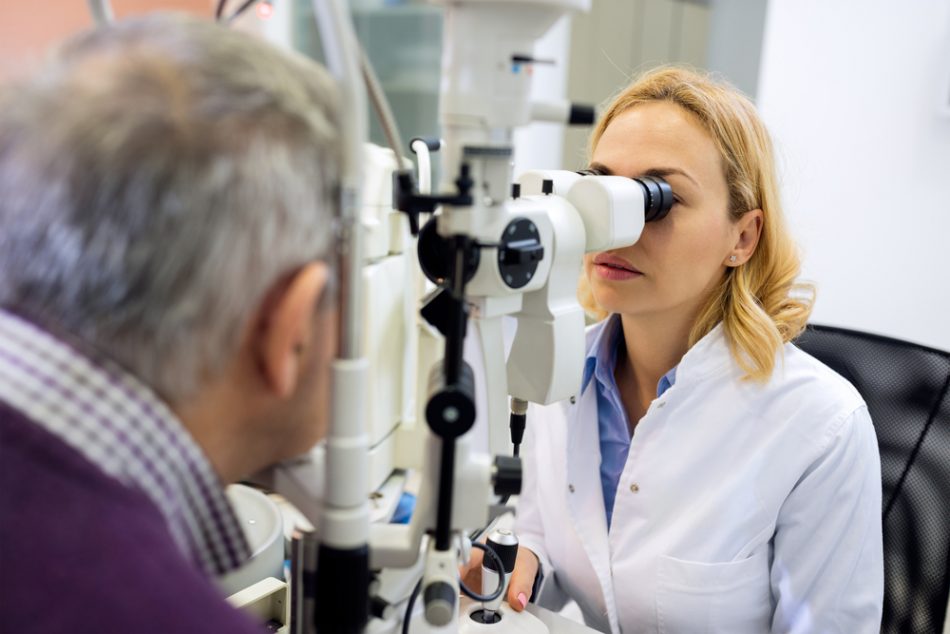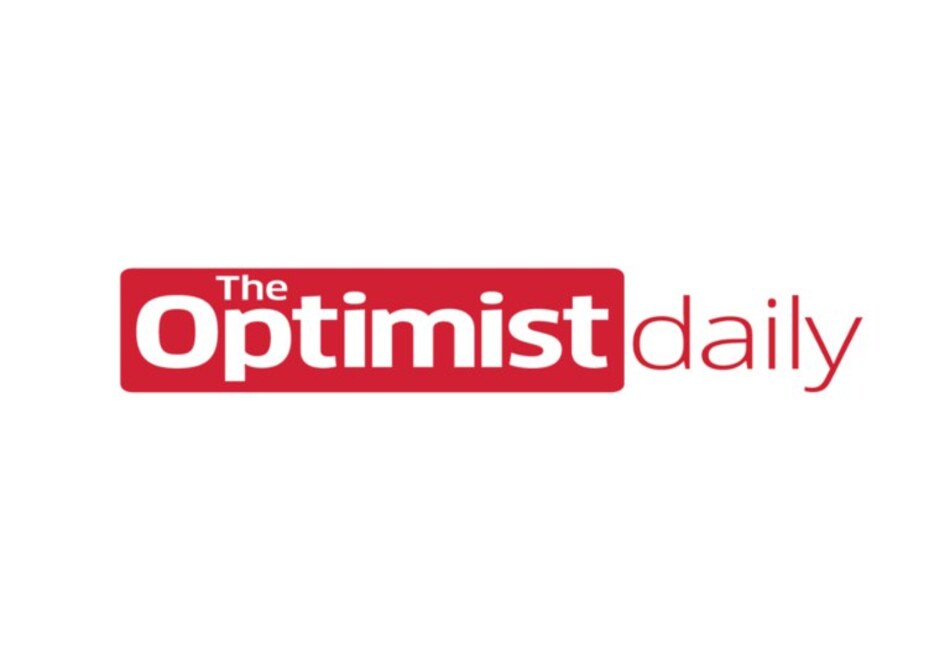Medicine
From advancements in the fight against malaria to new cancer treatments, to novel medical technologies, find all positive news about incredible medical breakthroughs and life-saving technology from all corners of the globe.

DNA mutations are not so random after all
A first of its kind study has added some evidence to challenge the widely accepted theory about genetic mutations: that they are completely random. The findings, published in Nature, could reshape evolutionary theories and our understanding of DNA forever. "We always thought of mutation as Read More...

This could be the start of the end for drug-resistant bacteria
The increasing occurrence of drug-resistant bacteria is a huge obstacle humans have to overcome to save lives across the globe. Researchers have done all they can to be prepared against this challenge, such as creating a model which calculates the chance of resistance against different drug Read More...

Ease menopause by listening to music
Going through menopause can be an extremely challenging time, where the world you’ve known for most of your life is turned upside down. Not every person's experience of menopause is the same, with symptoms ranging in frequency and severity. These include depression, sexual dysfunction, joint and Read More...

Gene-therapy could treat leading cause of blindness
Throughout the past decade, it seems like science is getting closer to the reality of gene therapy. Here at The Optimist Daily, we’ve reported on a number of potential uses for the practice, including; curing blindness, reducing obesity, ending malaria, allowing cross species organ transplants, Read More...

AI helps uncover causes of Motor Neurone Disease
According to the CDC, 5,000 new cases of Motor Neurone Disease (MND) are diagnosed annually in the United States. This disease causes nerve cells to stop functioning and die, resulting in sufferers losing the ability to voluntarily move their muscles and eventually becoming Read More...

Zebrafish brains reveal new information about our memories
It seems like we're writing about fish a whole lot lately! Last week, we featured an article about goldfish learning to drive. This week, zebrafish, a species studied for their relatively long lifespans, are helping us understand how memories are made! Let's talk synapses! Signals in the brain Read More...

Scientists invent the fastest DNA sequencing tool yet
A record breaking technique A team from the Stanford School of Medicine has created a new method of mega-sequencing. Using this, individuals can have their three billion plus nucleotides read in just over five hours, a record breaking time! "A few weeks is what most clinicians call 'rapid' when Read More...

Ketamine as an effective tool in treating alcoholism
In a follow up from a story published earlier this month on ‘How ketamine can help fight depression,’ we are going to report on new data published from a recent clinical trial. This time instead of depression, doctors administered this drug to people suffering from alcoholism. The clinical Read More...

An EMADE autonomous drone helps save the life of cardiac arrest patient
Last month in Sweden, an elderly man experienced a cardiac arrest while shoveling snow. Today, this man is still alive thanks in large part to Everdrone’s Emergency Medical Aerial Delivery (EMADE) service, a dispatch service that uses drones to fly in defibrillators. An individual experiencing Read More...

World’s smallest antenna created from DNA
Scientists, from the Université de Montréal, have constructed the world’s tiniest antenna in an incredible experiment. This nanoantenna is made entirely from DNA and its purpose is to monitor structural changes of protein molecules in never before achieved detail. What is the device made out Read More...


